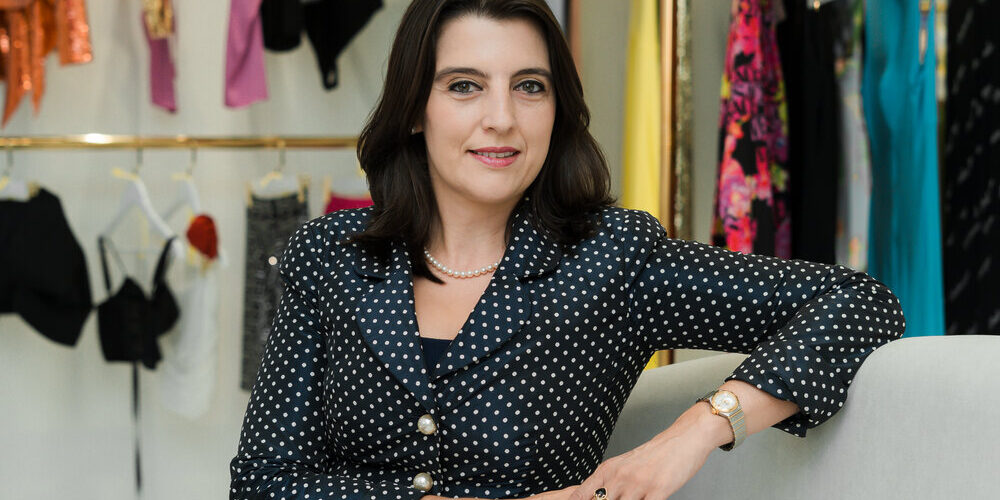By Harriet Santhana and Natasha Isabel Saravanan Photos from Clarissima
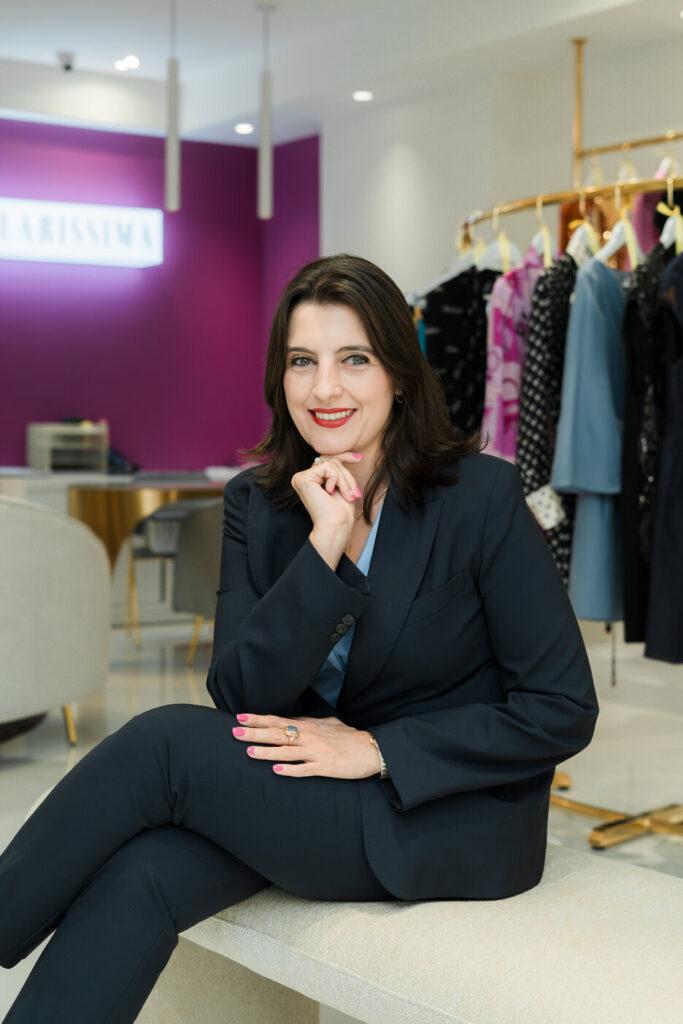
“I came here on assignment with a multinational pharmaceutical company,” Martyna recalled. “After 20 years in the industry, I thought I’d retire in a corporate role. But when I was told I’d need to relocate again, my family and I realised we didn’t want to leave Malaysia.”
That decision marked the beginning of a new chapter. Drawing from her academic background in economics and luxury brand management, Martyna began to explore entrepreneurial opportunities – and quickly spotted a gap that no one seemed to be addressing.
“In Malaysia, I was really impressed by how much effort people put into dressing for gala dinners, weddings, and corporate events,” she explained. “There are so many occasions where people want to look their best. Yet, I realised no one was renting high-end designer pieces.”
“It just felt like one of those rare moments in life when everything aligns,” she said. “My professional and personal circumstances, as well as this niche business opportunity I spotted – it all came together at the right time.”
That serendipitous moment led to Clarissima, a luxury fashion rental service – a brand that marries the glamour of designer labels with the growing appeal of circular fashion.
A Boutique Experience for the Modern Renter
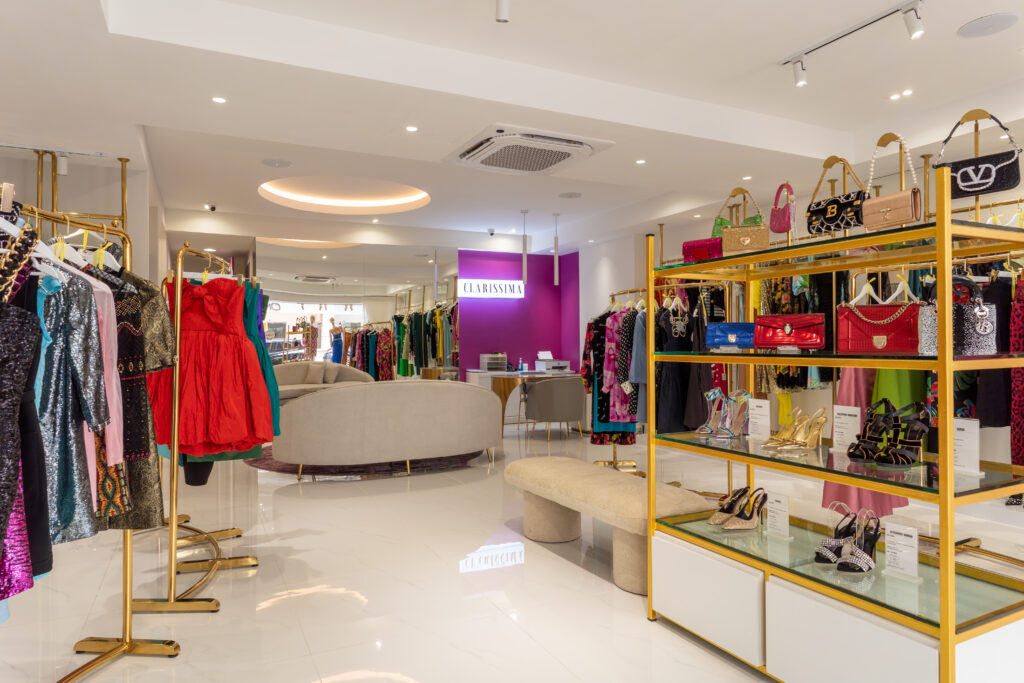
Globally, the luxury fashion rental industry is on the rise, projected to grow from USD 2 billion in 2024 to USD 6 billion by 2030. The shift is largely driven by younger consumers – Gen Z and Millennials – who value access over ownership and prioritise sustainability alongside style.
“Malaysia isn’t the US yet,” Martyna acknowledged, “but the mindset is changing fast. People here are dynamic, adaptable, and open to new ideas. I believe it’s only a matter of time before circular fashion becomes mainstream.”
Inside, guests are welcomed with coffee and a curated selection of over 100 designer pieces sourced from Europe and the US – everything from sequined cocktail dresses to structured, elevated daywear. The space feels less like a rental store and more like a high-end showroom.
“I didn’t want it to feel like a warehouse,” Martyna said. “If you’re spending RM800 or RM1,000 on a piece, the experience should feel luxurious. To me, luxury is not just about price – it’s about how it makes you feel.”
Building a Movement Through Partnerships and Sustainability
When Clarissima was still just an idea, Martyna Wachowska knew she didn’t want the brand to simply talk about sustainability – she wanted it to embody it. “We didn’t want to just talk about sustainability. We wanted to act on it,” she said.
That conviction became the foundation of Clarissima’s Rent.Flaunt.Rewild CSR initiative, which plants one tree in Sabah for every three rentals through a partnership with APE Malaysia (Animal and Environmental Projects). “It’s about giving back, not just profiting,” Martyna explained. “We’re able to plant trees and restore the land that hosts us – it’s something meaningful that goes beyond the wardrobe.”
Before Clarissima even opened its doors, Martyna had begun forming alliances to change how people think about fashion. One of her earliest partners was Zero Waste Malaysia, the country’s largest environmental advocacy group. Together, they ran workshops and webinars for micro-influencers, sparking conversations about fast fashion and sustainable choices – from renting and swapping to repairing and thrifting. “We need to change mindsets,” Martyna said. “It’s not only about renting. It’s about thinking differently and making conscious choices every day.”
That collaborative spirit reflects her corporate roots. “In the pharmaceutical industry, you learn that to shift the needle, you need alliances,” she said. “It’s the same here. You can’t change consumption patterns alone – you need a community of like-minded people.”
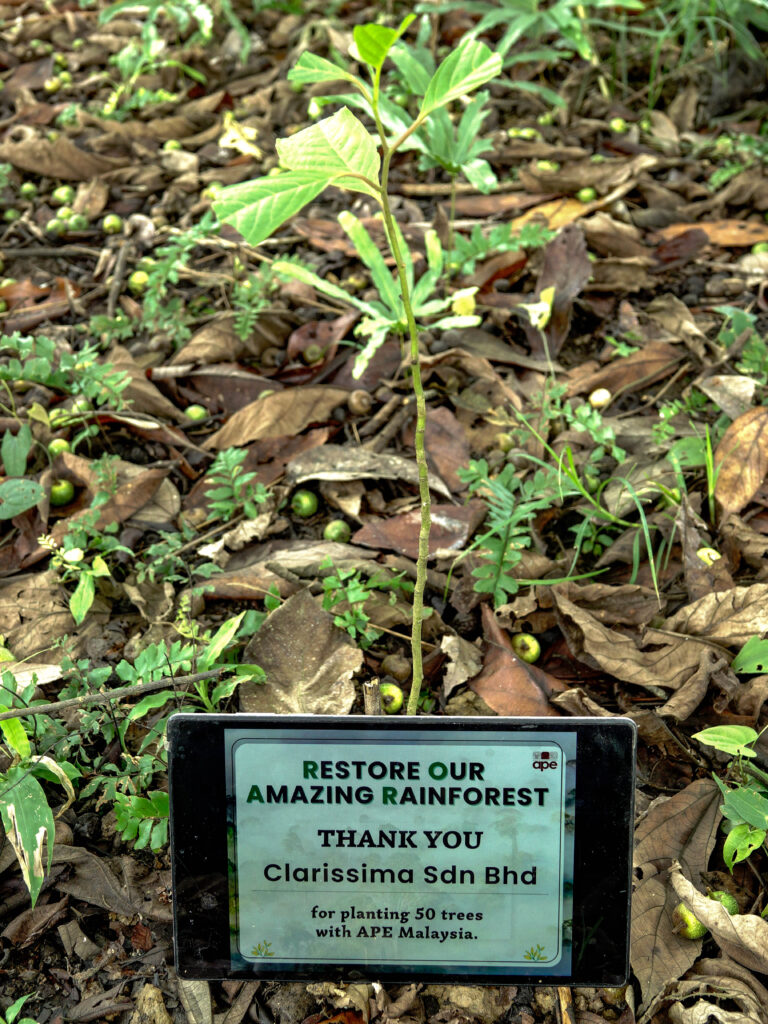
Its signature boxes are locally produced from recyclable materials, and garments are cleaned by Mama Jo Launderette. “They’re the only premium provider in Malaysia truly committed to certified green technology and eco-conscious cloth care – an eco-certified partner that uses chemical-free technology,” Martyna said. “We made sure every vendor we worked with shared our values.”
While these ethical choices cost more, Martyna believes they’re vital to Clarissima’s identity. “We’re a profit-driven company, but you can still do good while doing well,” she said. “In the long run, this approach is both ethical and financially viable.”
For her, sustainability isn’t a marketing strategy – it’s a movement built on action, education, and integrity.
Building Trust in an Unfamiliar Concept
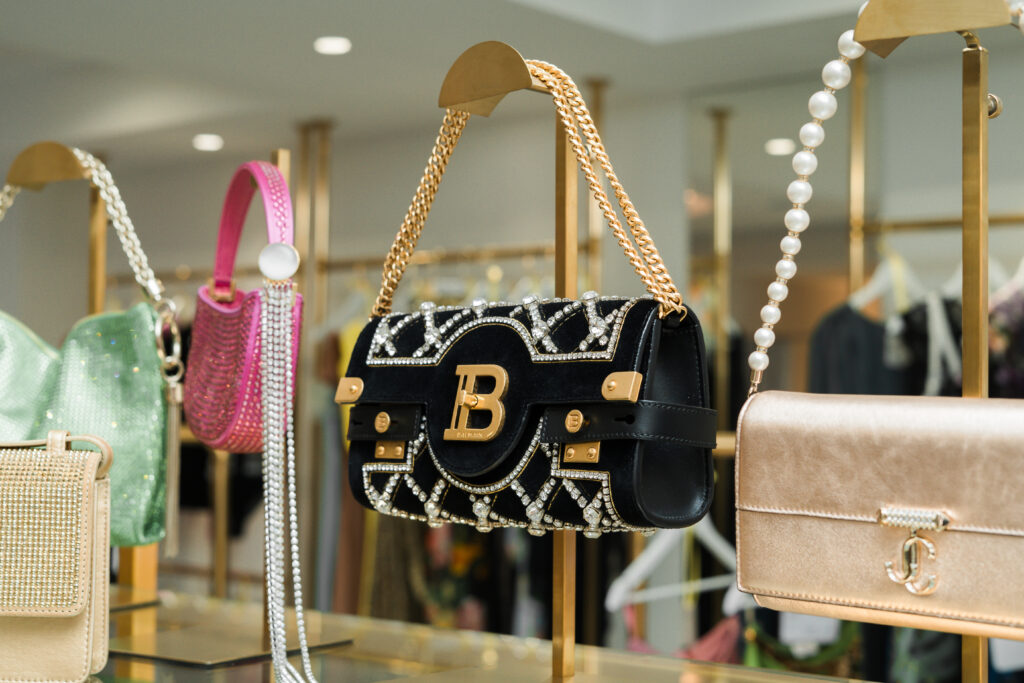
For many Malaysians, renting a RM10,000 designer gown sounds risky. To bridge that trust gap, Clarissima’s operations are built on transparency.
“We treat rentals the same way you’d rent a car,” Martyna explained. “There’s a refundable security deposit and a detailed handover protocol where both sides inspect the item before and after use. It protects both us and the customer.”
The terms and conditions, developed with legal counsel, clearly outline rights and responsibilities – including allowances for normal wear and tear.
“I wanted to make sure our customers feel safe and respected. We’re lending high-value items, but fairness and clarity are key.”
Doing Business the Right Way
Clarissima’s sustainability efforts go beyond branding – they’re woven into every business decision. Martyna has intentionally chosen local suppliers and ethical service providers, even if it means higher costs.
“Yes, our cleaning and packaging cost more,” she admitted. “But it comes down to your values. What kind of company do you want to build?”
While Clarissima remains a for-profit enterprise, Martyna believes that ethical operations and profitability can coexist. “We’re not a social enterprise, but I truly believe doing the right thing pays off in the long run,” she said.
“It feels rewarding to know we’re contributing to something meaningful.”
Her view reflects a larger truth emerging across industries: sustainability is not a burden, but a competitive advantage. Increasingly, consumers – especially younger ones – are rewarding brands that stand for something beyond aesthetics.
Martyna sees this not as a marketing trend but as a cultural shift. “Gen Zs care deeply about the circular economy and sustainable fashion,” she said. “They want to look good and do good. That’s the mindset that will define the future of fashion.”
Advice for Entrepreneurs
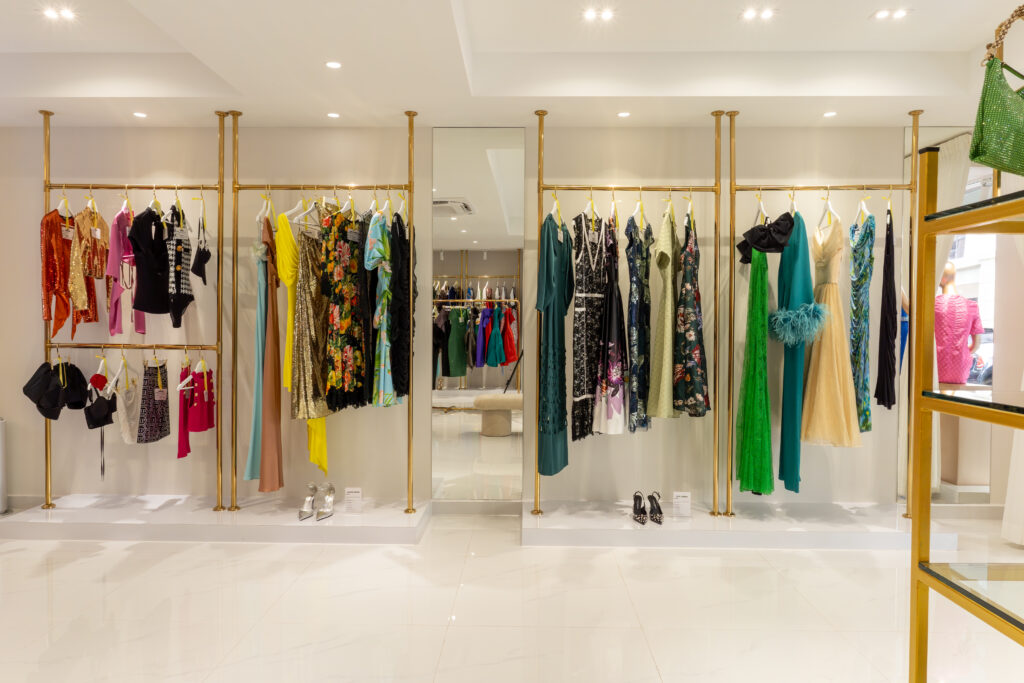
As a foreign founder in Malaysia, Martyna acknowledges the road wasn’t always easy. “Opening a corporate bank account took me four months,” she laughed. “They even came to my house to take pictures of me working on my laptop!”
Her advice to other entrepreneurs launching first-of-its-kind ventures is simple but hard-earned:
“Be patient. Stay humble. Ask questions. And don’t assume what worked in your past career will work here. Test, adapt, and don’t be afraid to admit when something doesn’t work. Flexibility is everything.”
The Road Ahead: Patience, Community, and Purpose
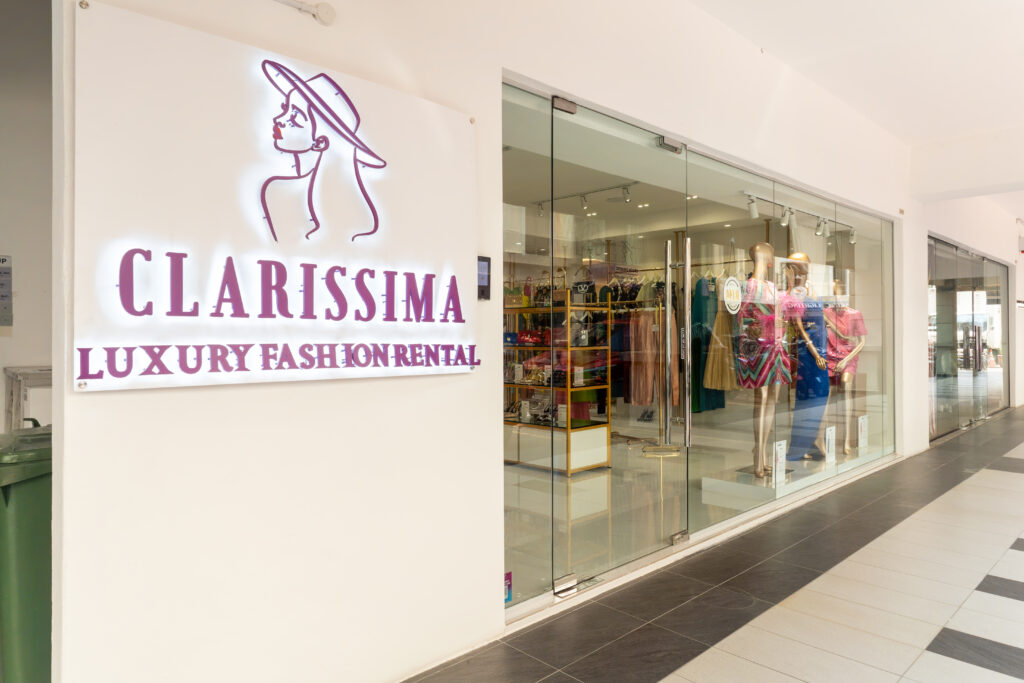
“I want to create a fashion-forward community of people who care about doing things right,” she said. “We’re still young, but I already see potential for expansion.”
Her immediate goal is to make Clarissima a trusted name in Malaysia – a brand that represents both luxury and responsibility. To complement the rental experience, she’s exploring opportunities for physical products that align with Clarissima’s values. “We’re researching complementary products to sell alongside rentals,” she explained. “But for now, the priority is getting our foundations right.”
Martyna believes Malaysia’s market offers tremendous potential for growth within the region. “Only Japan and South Korea have established institutional rental models,” she noted. “Singapore will likely be next, but Malaysia can lead the way in circular luxury.”
Yet, she approaches expansion with patience. “It’s easy to get ahead of yourself when the idea is new and exciting,” she said. “But I want to make sure Clarissima is strong here before thinking regionally. You have to do things in the right order.”
Redefining What Luxury Means
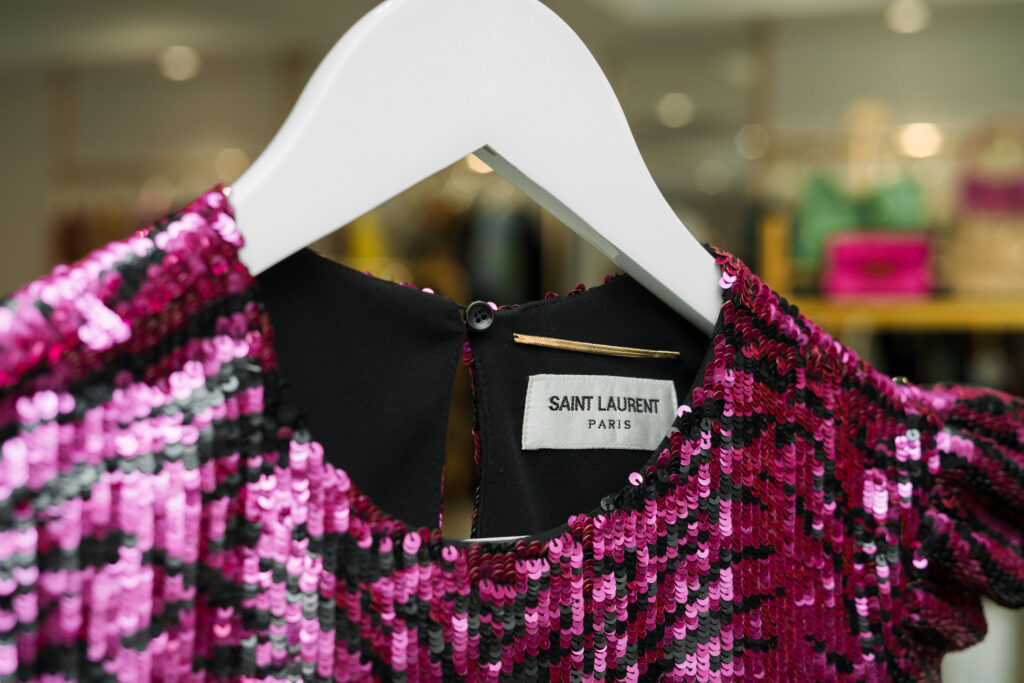
At its heart, Clarissima isn’t just about renting clothes – it’s about reimagining what luxury means in a modern, sustainable world. For Martyna Wachowska, true luxury is no longer defined by ownership, but by experience, access, and consciousness.
“I spent 20 years helping people feel better on the inside,” she reflected. “Now, I want to help them feel extraordinary on the outside – without guilt, without waste.”
Martyna believes that the concept of luxury has evolved beyond price tags and exclusivity.
“Luxury used to be something only a few could afford,” she said. “Now, it’s about inclusivity – about allowing more people to enjoy something beautiful, responsibly.”
Clarissima embodies that shift. It’s an approach that resonates strongly with younger generations who value experience over accumulation.
“In Malaysia, access over ownership isn’t just a global trend – it’s becoming a cultural shift,” Martyna said. “People want to look good and feel good, but they also care about doing what’s right for the planet.”
Through Clarissima, she is redefining what it means to live luxuriously – proving that elegance and ethics can coexist. “Luxury, to me, is about feeling special,” she added. “It’s about quality, care, and the story behind what you wear. When you can experience that without excess or harm, that’s real luxury.”
With Clarissima, Martyna has created more than a fashion business – she’s sparked a movement that blends beauty, responsibility, and purpose. And as Malaysia embraces this new way of dressing up, one thing is clear: the future of luxury is not about owning more, but about choosing better.



